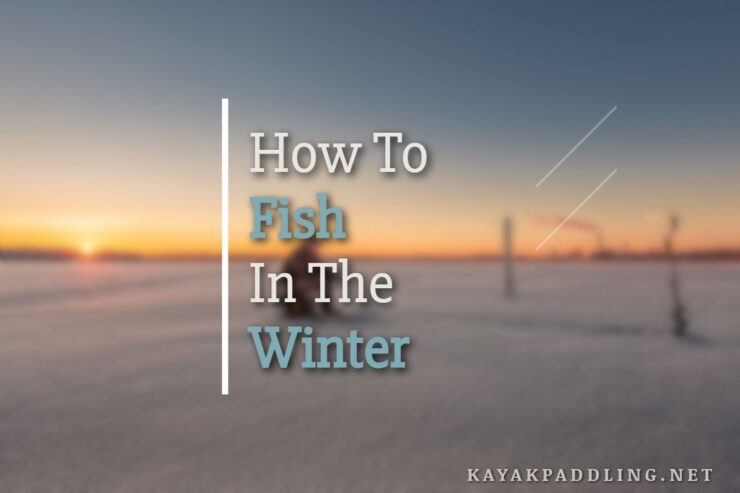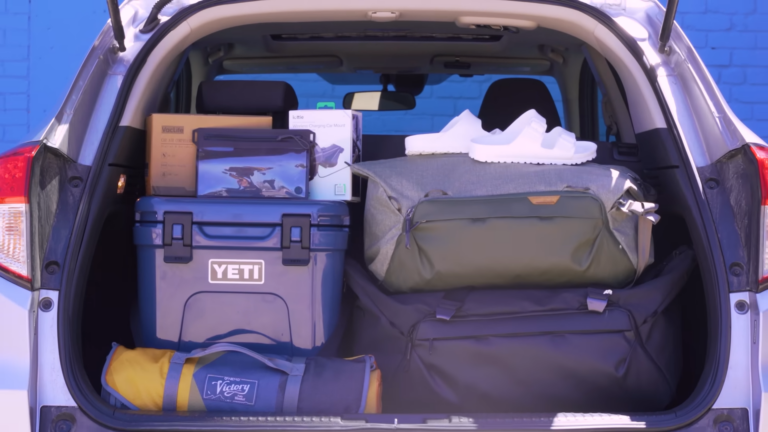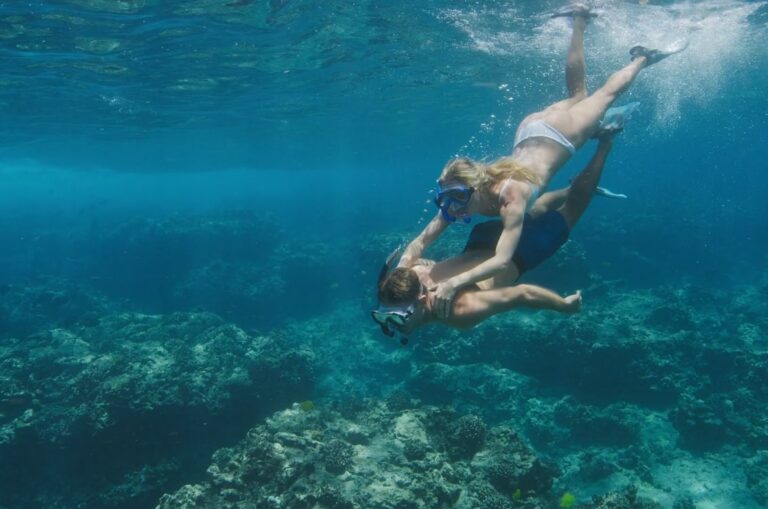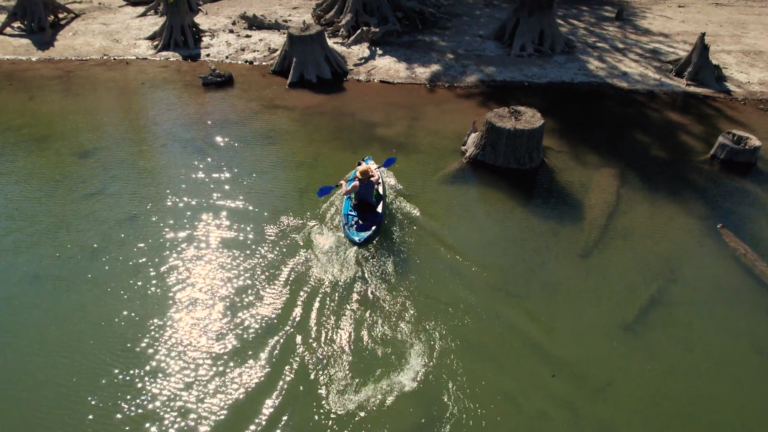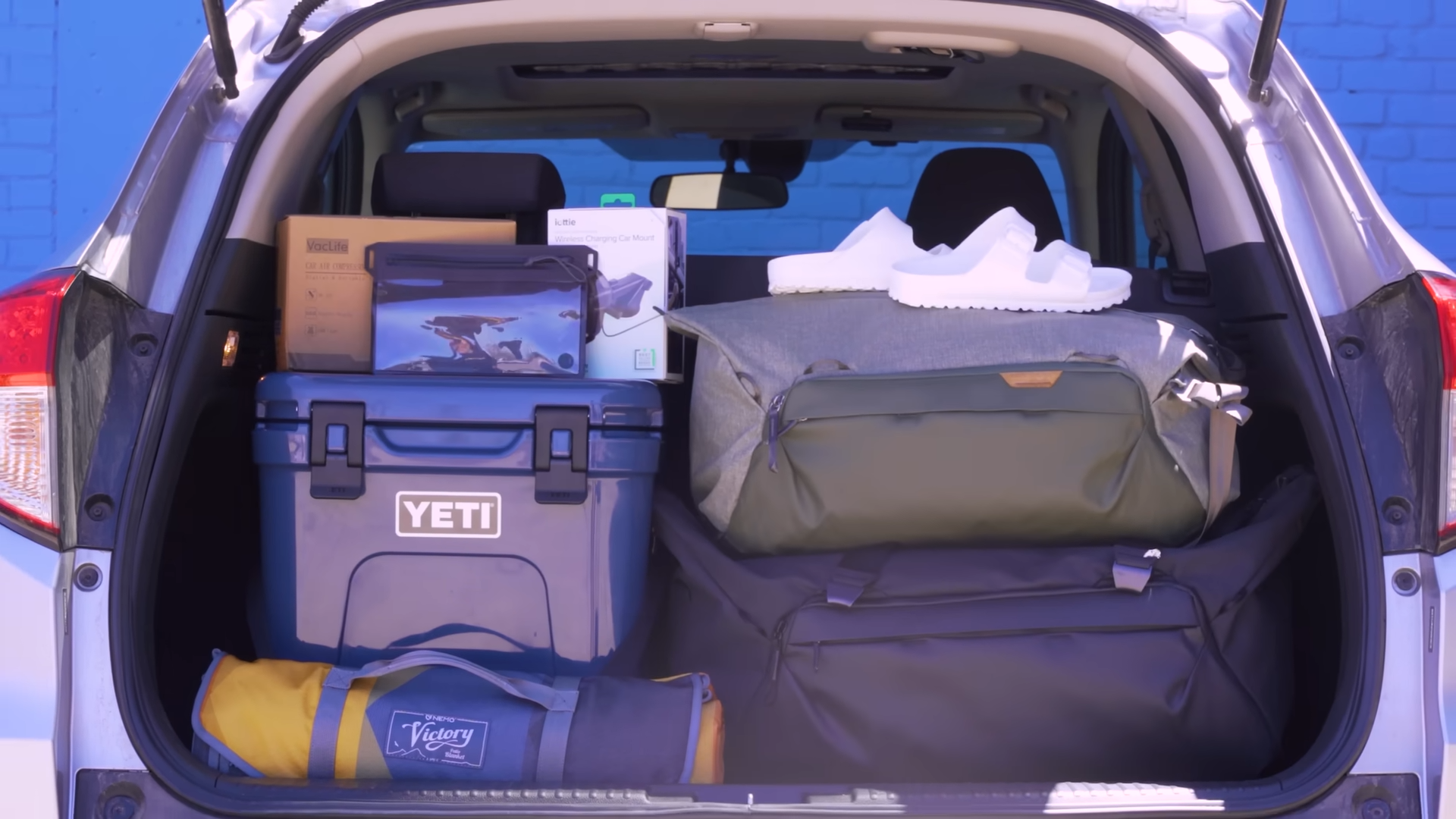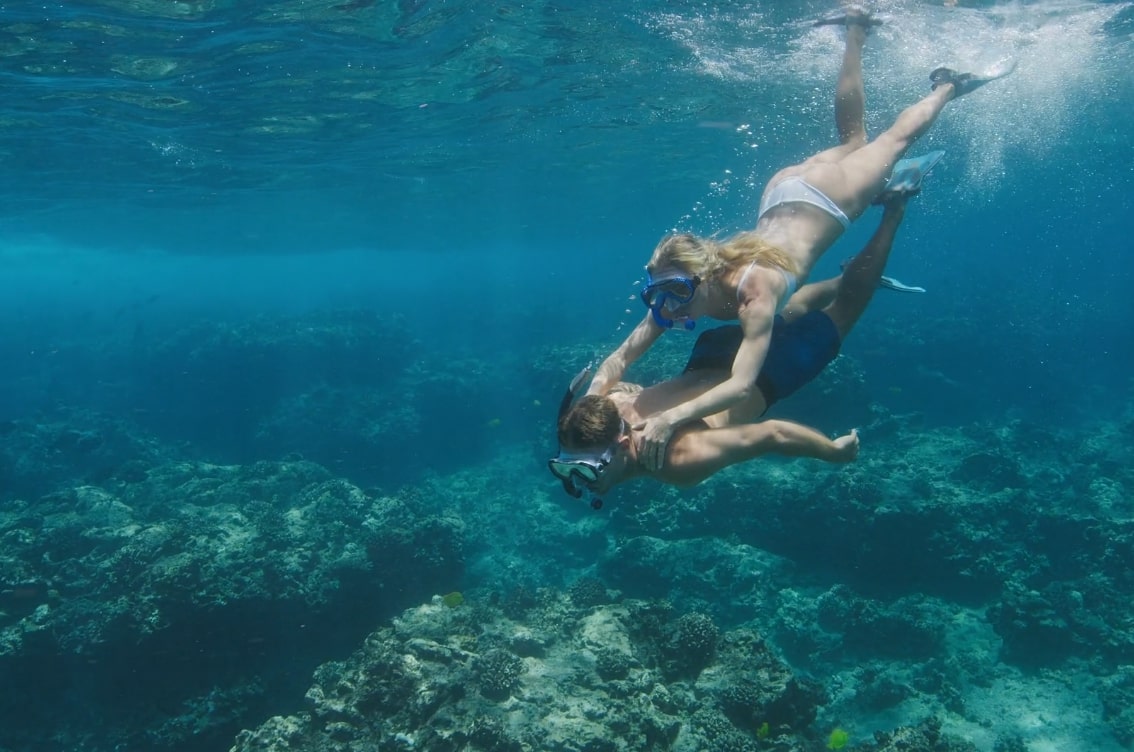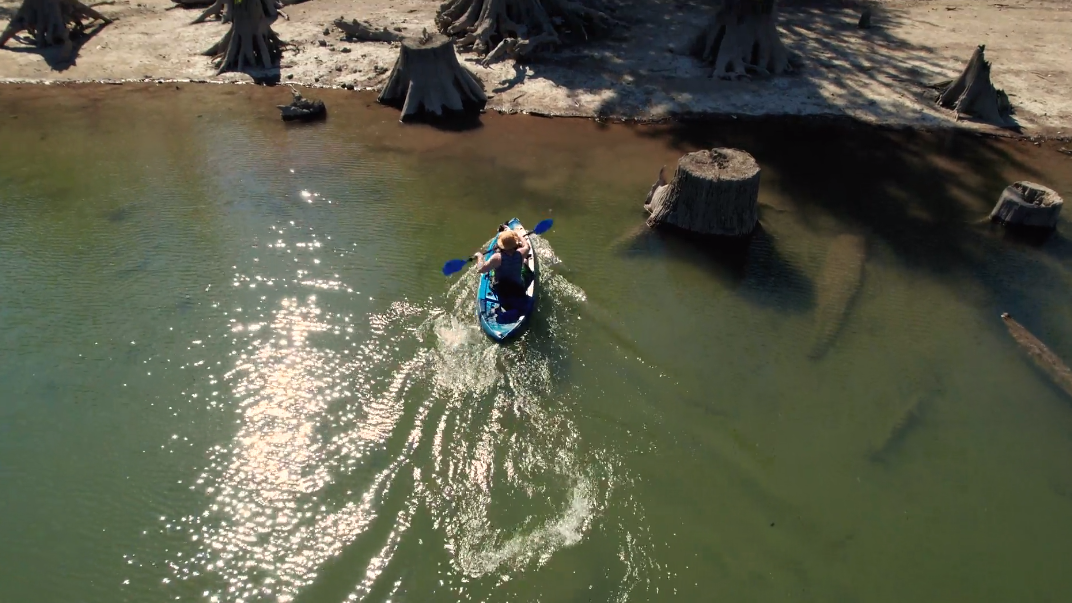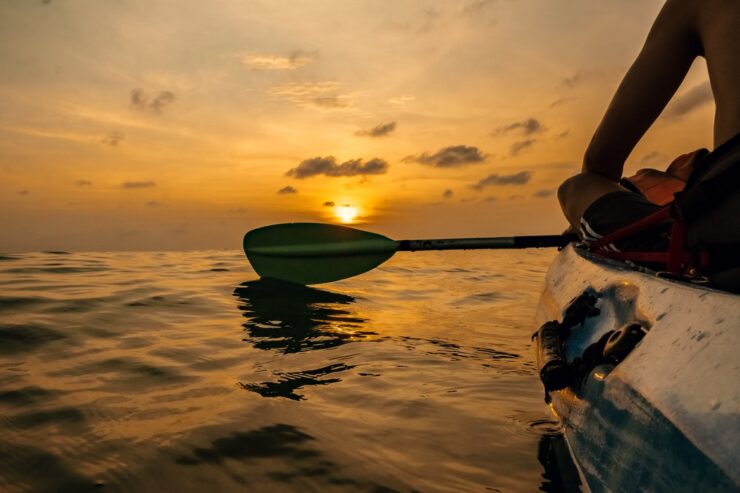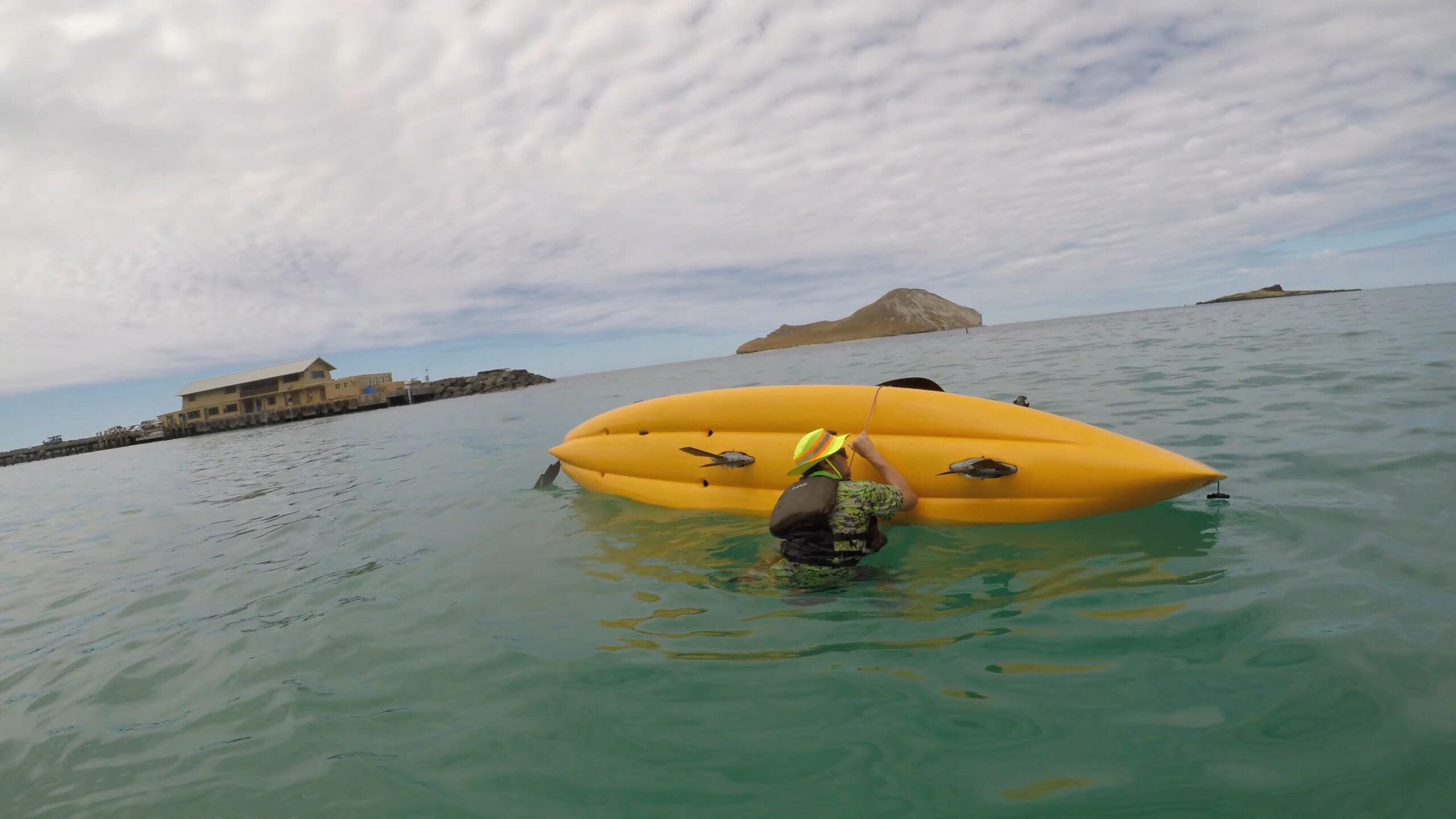Many anglers hang up their rods in the winter. After all, winter fishing can be tough on the angler. But if you are willing to suffer the cold weather, you can fish all year everywhere in North America. There are fish species that remain fully or semi-active all winter. You may need to adjust your equipment and tactics a little, but the fish are there.
I actually like winter fishing. Most of the time, I have the water all to myself, and if you dress wisely, the cold weather isn’t really so bad. Since it is usually quieter, without the cacophony provided by the numerous skiers, jet skiers, speed boats, and such, it gives me time for reflection, and the ability to just enjoy the outdoors for what it is.
The main thing you have to remember about winter fishing, regardless of what species you are looking for, is to think small and slow. The fish aren’t dead. They still have to eat. But their metabolism slows down and they are conserving as much energy as possible. Large food takes more energy to digest. And fast ambushes use a lot of energy, quickly.
Most fish are happy to just sip in whatever small morsels come their way. The exception to this would be fish specifically adapted to cold water, like pike, muskies, trout, and even catfish. White bass and striped bass are also active in winter. Bass almost shut down completely, and crappie slowed way down. Strangely enough, bluegills and their relatives stay active, but they do eat smaller food.
One upside to winter fishing is that most freshwater species group up, and can be located in large numbers. Once you find them, you won’t have to move around much to catch your limit. There are many tips and tricks to make your winter fishing more productive. Here are some of my best tips and tactics.
Table of Contents
ToggleChoosing The Right Winter Fishing Location
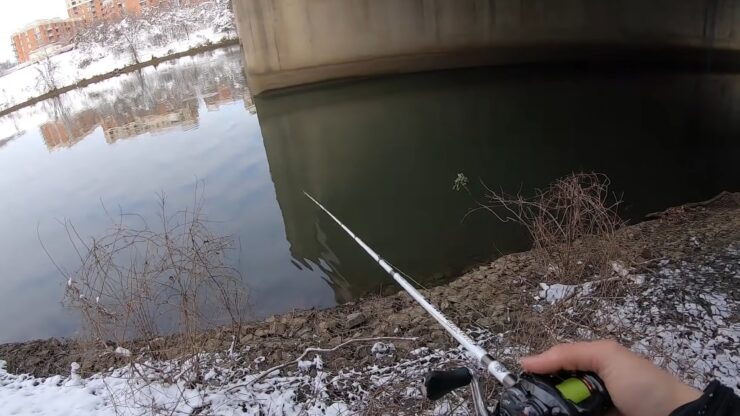
Probably the most important thing to do is pick a good spot to fish in. In winter, it is a waste of time to fish in places where the fish aren’t. Do your homework on the fish species, and their seasonal habits, and know the waters you plan to fish in. The internet is a wealth of information and can guide you to the best spots to start with. Message boards, blogs, fishing websites, and even fishing gear websites like Cabelas, Bass Pro Shops, etc, have a lot of information that will be of great help to you.
Another great resource is your local bait stores. We anglers are a gregarious lot, and often hang out at bait shops, especially the ones with good coffee, and share information, some of it even true. (I won’t say anyone is a liar, but some of us have elevated exaggeration to an artform…). It is to the bait shop’s advantage for you to catch fish. If you don’t, you will not be needing more bait and equipment in the near future. They want you to be successful.
Next on the list of places to check out are the local Fish and Game service, and the US Army Corps of Engineers. They know where the best places are, and especially where not to go. Situations on lakes and rivers can change rapidly, and these people have all of the most current information.
Be sure to check the water levels and current predictions. These affect safety as much as success. Overflow and high water levels will cause the fish to move to different spots. Fast currents not only make fishing more difficult, but also increase the danger due to debris in the water, and rapidly rising water levels. In cold water, without proper immersion gear, you can only survive 10 minutes or so, and even if you get out in time, being wet in cold weather greatly increases the risk of exposure, sometimes in as little as 20 minutes. It doesn’t have to be all that cold for it to be a danger.
People have suffered exposure to temperatures as warm as 55⁰ F. Try to go to places with normal winter conditions and an easy current. Spillways are the exception, but use extra caution and pay attention to the warning signs of opening floodgates.
The Right Time for Winter Fishing
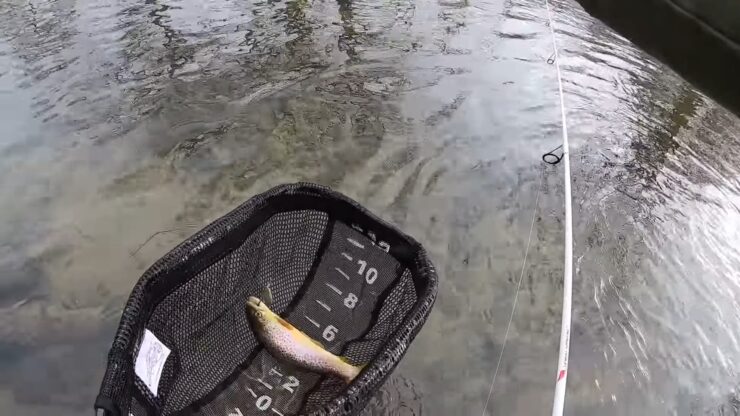
Many times, we all have to plan out fishing trips around our work and domestic schedules. Weather also affects when we should go winter fishing. Fronts are a good example. Cold, or warm, when a front moves in, it increases the fish’s activity. When it moves out, it decreases their activities. What is comfortable for the angler is not always the best for the fish. You want to pick a day ahead of a front to make your move.
Many of us can only fish on the weekends, regardless of the weather, so if you are forced to fish on a day after a front has moved through, there are a few things you can do to improve the situation. Skies will usually be pretty clear of clouds for a while after a front, and the sun sits a little farther to the south in the winter (in the N. Hemisphere). You may want to concentrate your efforts on the northern shores where the sun has a more direct effect on warming the water a bit.
As far as time goes, it’s a little different in winter fishing. Daybreak and dusk are no longer the best times. On average, the best times in winter are between 10:00 AM and 4:00 PM. If you want to sleep in a little, it won’t hurt a thing.
Take Good Care Of Your Tools
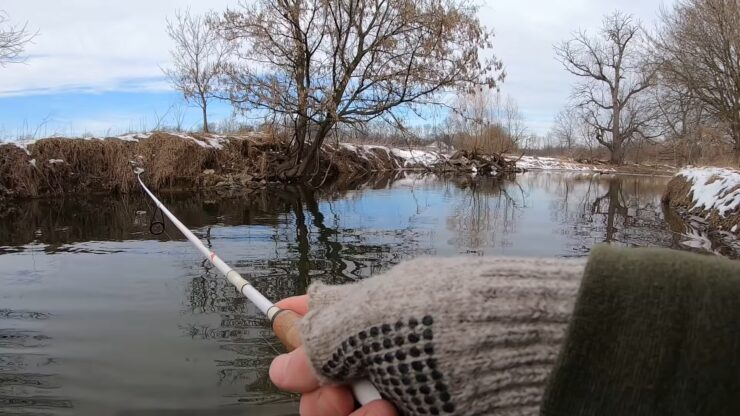
Winter fishing causes a lot of extra wear-and-tear on you, and your gear. Be sure to check all of your tackle and equipment well before taking it out to fish with. Can you imagine how frustrating it would be to go out into the cold after a lot of planning and anticipation, only to find your reels won’t work, and your line snaps if you breathe too hard?
In cold weather, old and dirty grease thickens up a lot, and can even jam the reel. In late fall, I take all of my reels apart and re-grease and oil them. I also replace any parts that seem well-worn. That’s probably how come I get to fish with classic reels, many 50+ years old. They work as well today as when they were new. I never have reel problems on the water.
The monofilament line deteriorates every time you use it, or it gets exposed to UV radiation. I don’t even check my lines. I just replace them every fall. Also, monofilament gets stiff and brittle in cold water. You should treat your line with a protectant to keep it supple in the cold water. I prefer Cabelas ProLine, but there are other brands available, like Bass Pro, Ardent, KDV, etc….
I use ProLine just because I always seem to be in Cabelas….. Don’t forget to apply the line protectant to your rod guides as well, so they won’t ice up. As the line goes in and out through the guides, it brings war=ter with it, which can freeze on the guides. This affects the smoothness of the lines going in and out, and can even cause it to break.
The Right Baits for Winter Fishing
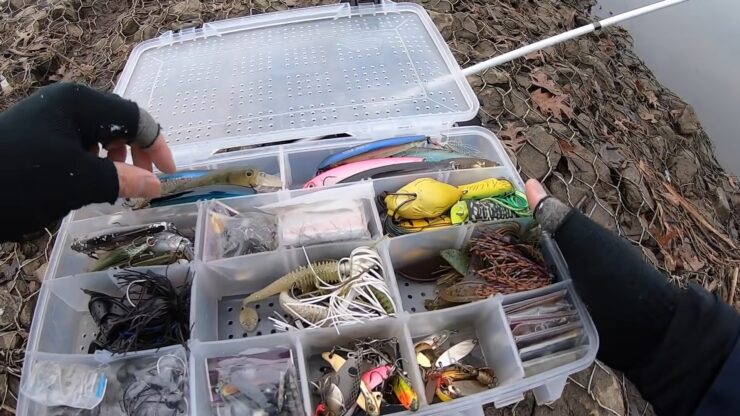
Lures, especially jigs, are great in the wintertime as long as you keep them very small and work them very, very slowly. It takes a lot of practice to get it right, so if you are pressed for time, you are better off using live bait. But the same rules apply. Keep it small, and don’t move it around much. Fish react slower in winter, so give them time to sip the bait in.
Minnows are always a good choice, especially in the 1” – 2” size range. Small shads are also great, but difficult to keep alive. Nightcrawlers and other worms are great choices for bass, catfish, walleye, and perch. As a rule, crappie and white bass will ignore anything but minnows and shad.
If you are adamant about using lures, stick with flies, jigs, and spinners that have feathers, bucktails, or other fur on them. Avoid soft plastics because they stiffen up in cold water and do not act as they should. In winter, small spoons and jigs are your best by far. One of my favorite winter lures is a red and white Dardevel in either 1/32 oz. or 1/16 oz. size. My next favorite is a 1/32 oz. or 1/16 oz. Marabou Jig. I tie these myself, inappropriate colors for the waters I am fishing. In winter, my best color is Electric Chicken.It seems to be one of the best colors for crappie in winter and early spring.
Crankbaits will not work well in winter because most fish will not chase them down. Bass, crappie, and other similar fish will not move very far to take the bait in winter. They are also more deliberate in winter and do not hit very hard. It’s a good idea to rig up a strike indicator to detect light hits.
Most importantly, stay safe. Be sure to dress warm, and in layers. Have emergency equipment with you and always be aware of your surroundings. Let someone know where you will be, approximately, and when you expect to return. Always keep your cell phone on, and charge it fully before you leave for your fishing trip.
Winter fishing can be great if you just give it a little extra attention and planning.
Happy fishing
Adelaide Gentry, a seasoned kayaking enthusiast and expert, is the driving force behind KayakPaddling.net. With over a decade of experience navigating the world’s most challenging waterways, Adelaide combines her passion for adventure with a deep knowledge of kayaking to provide insightful and practical guidance for paddlers of all levels.
Related Posts:
- 16 Best Kayak For Beginners 2024 - Kayaking Adventure Gear
- Heavy Duty Fishing: 11 Best Rods And Reels For Big Fish 2024
- 10 Best Fish Finders Under $200 2024 - Top Affordable Picks
- 12 Best Beach Wagons & Carts 2024 - For All-Terrain
- 13 Best Fishing Kayak Under $500 in 2024 -…
- 12 Best Motorized Kayak 2024 - Start Your Aquatic Adventure!

